Participation and governance
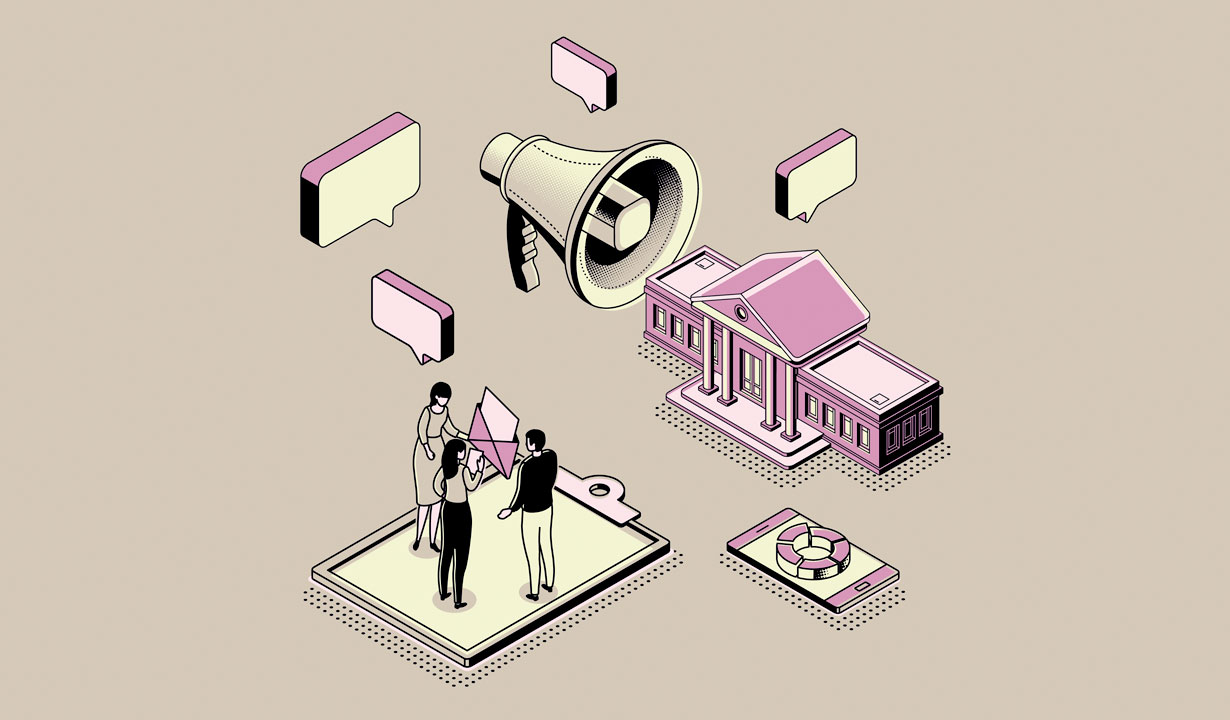
We do not know what the world will look like in 20 or even 100 years. But we can observe technological developments, social conditions, and political trends and depict possible futures. This shows that future technological consequences are created in the here and now. In the interest of desired developments, we must intervene and shape already today. However, there are considerable uncertainties and doubts about the “right” paths to take, especially since hasty decisions may lead to paths that are difficult to leave again. Thinking long-term and at the same time being flexible and able to learn in the short term is extremely ambitious. Furthermore, these deliberations, whether on the design of energy policy or the progress of digitalization, must be democratic. The difference in the level of knowledge between experts and citizens alone makes this a major challenge.
At ITAS, we address this challenge with a combination of new approaches to the long-term governance of long-term processes and their participatory design. We see long-term processes such as the phasing out of nuclear energy, the final disposal of high-level radioactive waste, the introduction of the bioeconomy, or the energy transition as socio-technical challenges. Fundamental considerations on how to deal with risk and non-knowledge also have their place at ITAS.
Knowledge transfer
We consider the exchange of knowledge between research, politics, and society as a central cross-cutting activity. ITAS focuses on the impact of participatory formats, conducts on-site real-lab research (cf. section “Transformation of Society”), citizen science projects (e.g. TeQfor1 and TechnoCitizenScience) and topic-specific citizen dialogues. In addition, we are active in policy advice for the German Bundestag and the European Parliament and publish TATuP, an open access journal, which adresses the scientific community as well as those interested in TA.
Repository research
ITAS has been analyzing the possibilities of societal participation in the search for a final repository for many years. The SOTEC-radio project aimed at new political processes considering technical and societal aspects in the management of radioactive waste. In the Public participation in the siting procedure for a final repository project, researchers investigated a cross-generational learning procedure for public participation. Furthermore, they are currently working interdisciplinarily and transdisciplinarily with citizens in the TRANSENS project on specific issues relating to the search for a final repository.
Transformation of society
With its real-world lab District Future, the Institute is dedicated to the participatory transformation of Karlsruhe’s Oststadt. Urban society and researchers jointly test and explore new paths to sustainability. Participation – from exchange of knowledge to the empowerment of actors – is at the center of a series of transdisciplinary projects in the real-world lab, such as Climate protection – let’s dare it together, #climatechallenge, or Dual Mode Participation (DUPA). The Karlsruhe Real-world Lab for Sustainable Climate Protection (KARLA) extends the radius of the real-world lab to the whole of Karlsruhe and implements transformation experiments for more climate protection with more than 30 partners. The transformation of society also relates to the development and evaluation of sector coupling strategies together with municipal stakeholders.
Global Technology Assessment
ITAS is co-initiator and coordinator of the globalTA Network, an association of 29 non-profit members worldwide. The goals of the network are to develop global frameworks and codes of conduct for the assessment of new technologies, to promote the worldwide exchange in the field of TA and to enable the anticipatory governance of technologies.
Co-Design of technologies
Together with citizens and stakeholders, ITAS develops action-oriented knowledge on co-design, for example in the field of assistive technologies or the use of renewable resources. Projects such as TERRAIN and QuartrBack aim to contribute to the demand-oriented development of human-machine interfaces for people with visual impairments and dementia, respectively. In projects such as APV-RESOLA, GECKO and FuTuReS, researchers are developing environmentally compatible paths for biomass and energy use that meet the demand for transparency and social co-determination.
Experts
-
Co-Design of technologies:
Dr. Christine Rösch - Global technology assessment:
Dr. Julia Hahn - Long-term governance:
Dr. Dirk Scheer - Parliamentary policy advice:
Dr. Arnold Sauter, Dr. Christoph Revermann - Socio-technical transitions:
Dr. Stefania Sardo
Further contact
Jonas Moosmüller
Public relations
Tel.: +49 721 608-26796
E-mail
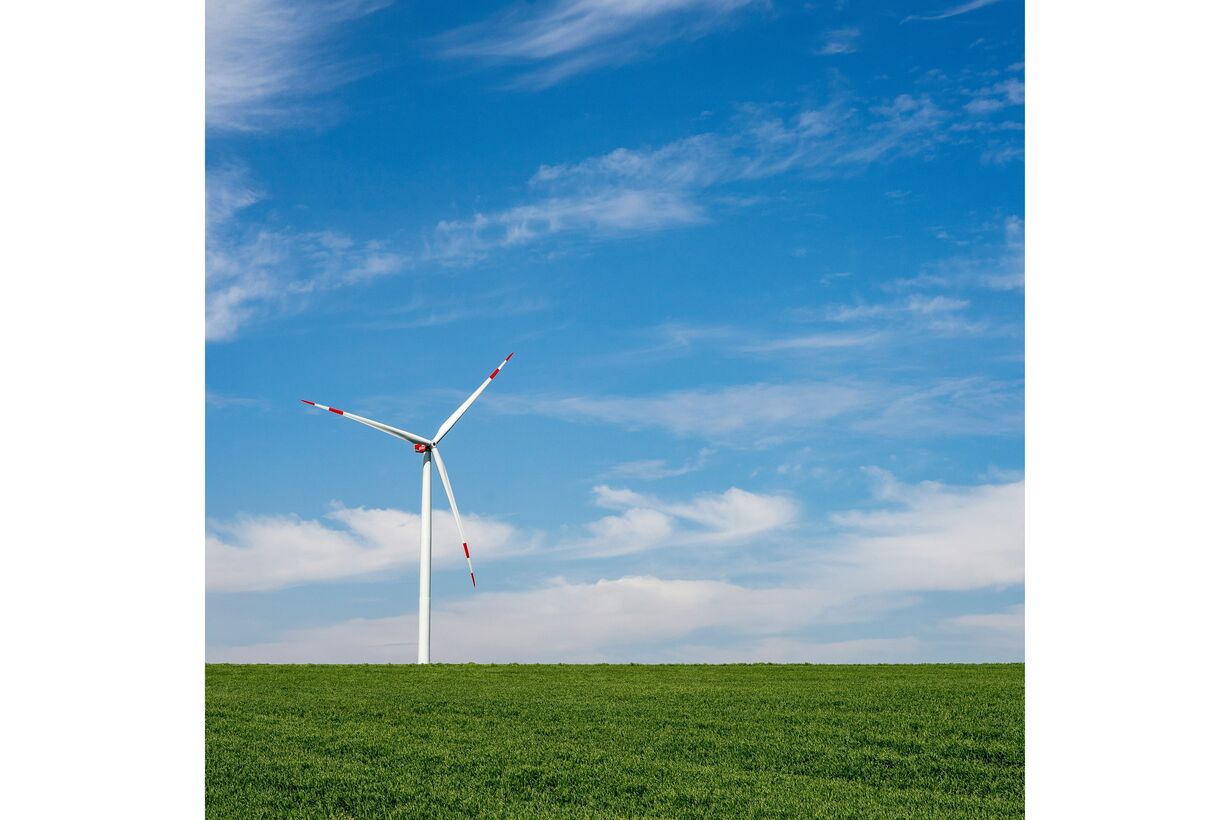
Connecting Initiatives for Rural Communities, Upscaling their Sustainable Energy
more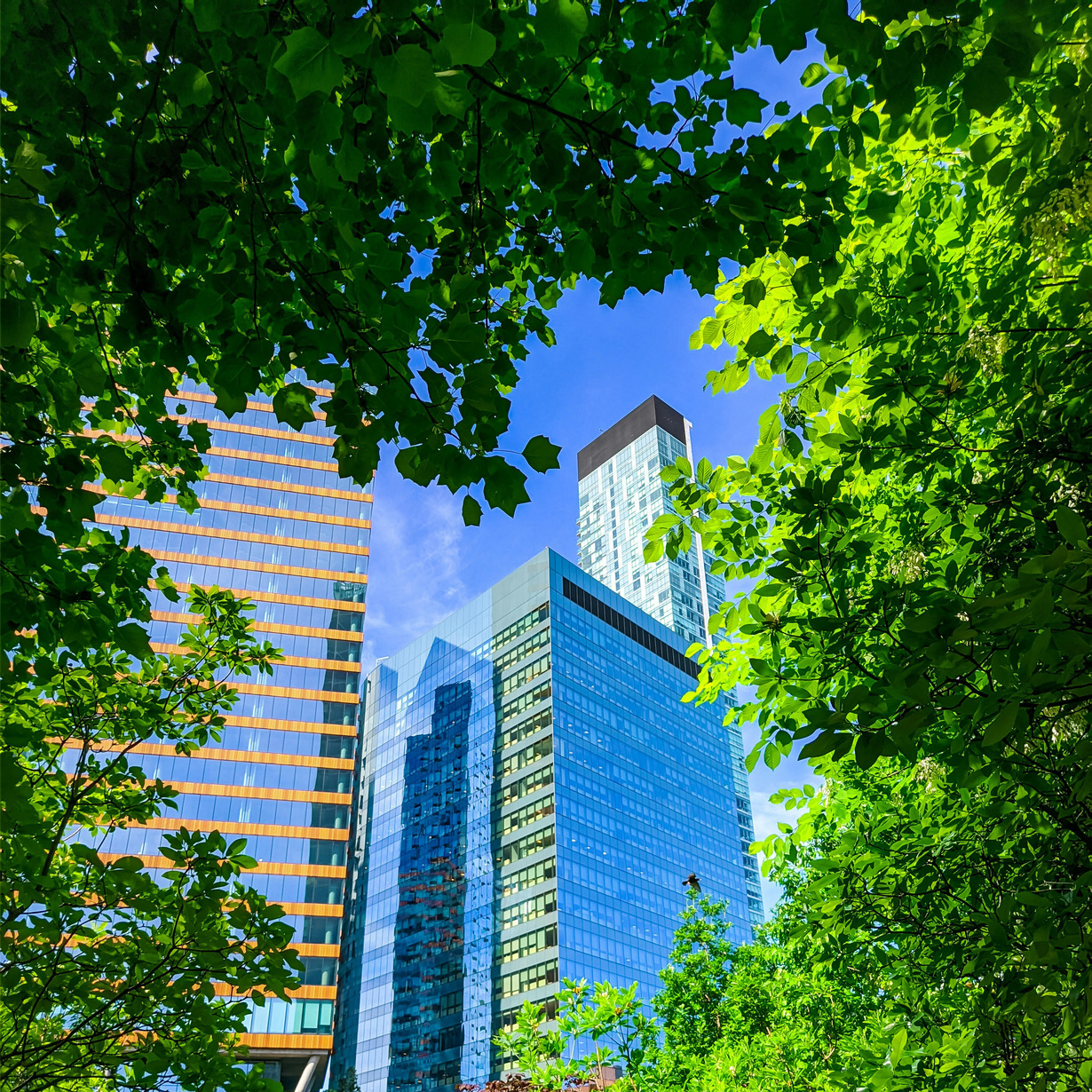
Developing a differentiated understanding of both existing and new financing options to the promotion of energy-efficient renovation of the housing stock
more
Prototypes of change addressing the housing-energy nexus
more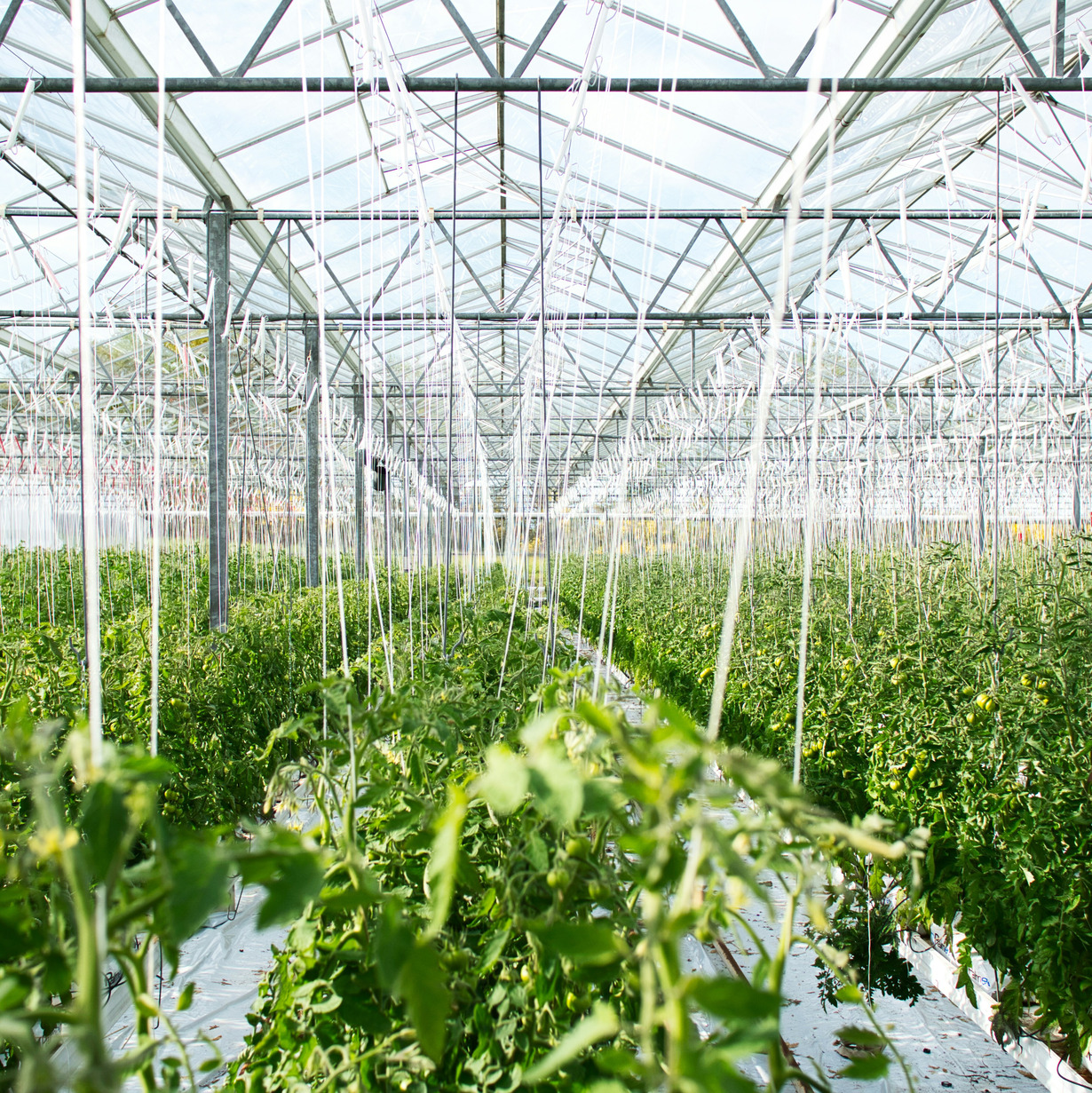
Using the example of innovations for communal catering in the Upper Rhine region
more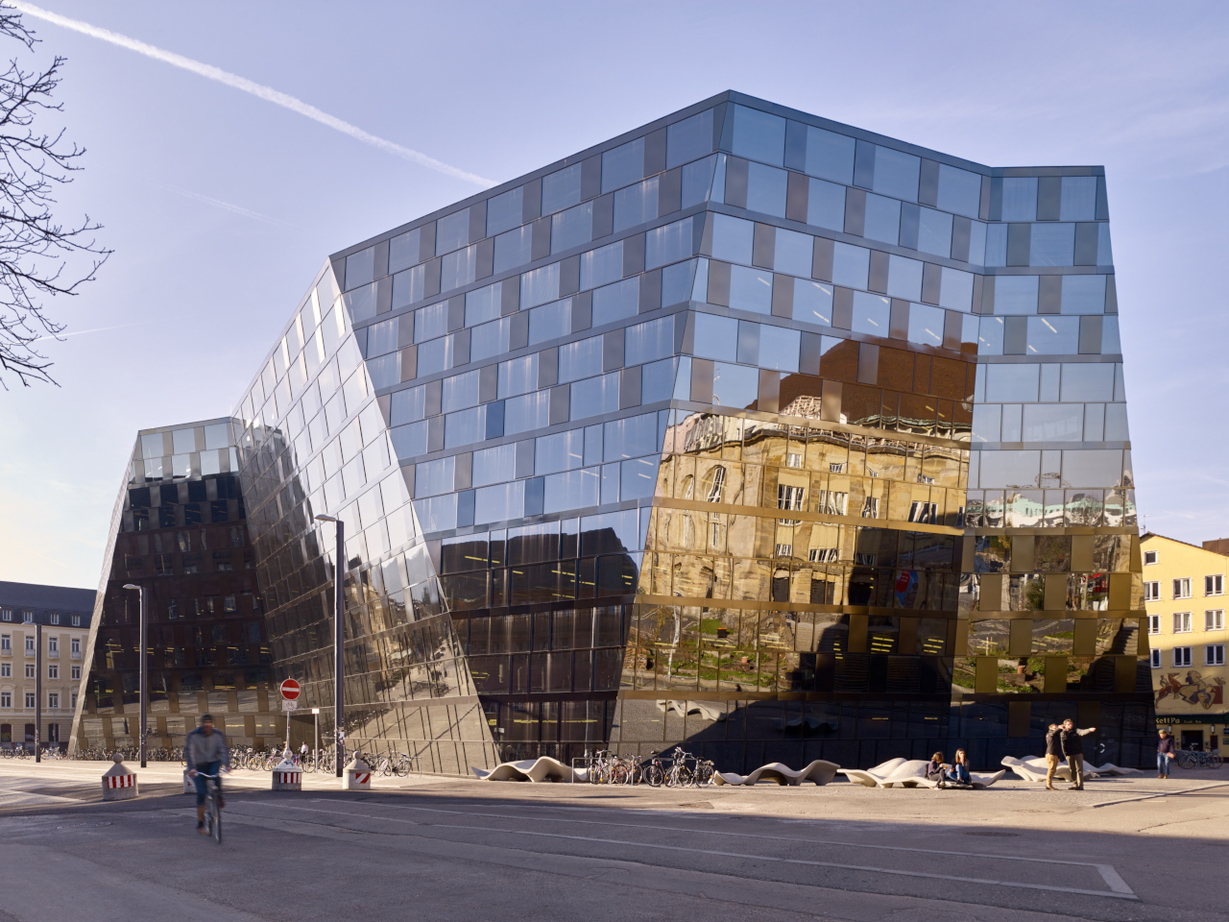
Implementing the recommendations of the Climate Citizens’ Council of the Freiburg region
more
Publications on the topic
Strategien für mehr bioregionale Produkte in der Gemeinschaftsverpflegung
2025. Zenodo. doi:10.5281/zenodo.15295241
Public participation GIS scenarios for decision-making on land-use requirements for renewable energy systems
2025. Energy, Sustainability and Society, 15 (1), Art.-Nr.: 18. doi:10.1186/s13705-025-00518-y
Evaluating the sustainability of restaurant supply chains: A case study of organic restaurants in urban Thailand
2025. Journal of Agriculture, Food Systems, and Community Development, 14 (3), 1–20. doi:10.5304/jafscd.2025.143.015
Agri-PV: Ist das wirklich das große Ding? Die Schattenseiten der Goldrandlösung
2024, June 18
Akzeptanz beschleunigt, Gesetze auch: Lenkt die Akzeptanzforschung überhaupt die Gesetze der Energiewende?
2024. FVEE-Jahrestagung "Die Energiewende mit Forschung beschleunigen", 08.-09.10.2024, 22–30, ForschungsVerbund Erneuerbare Energien (FVEE)

